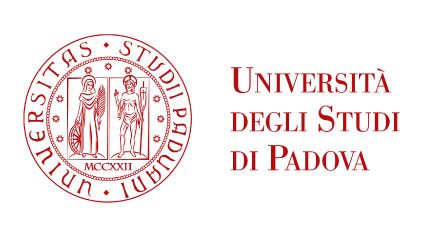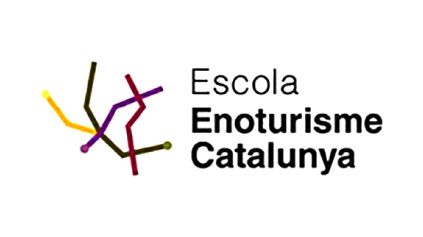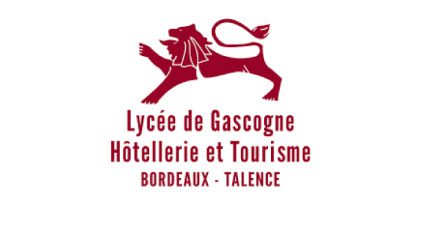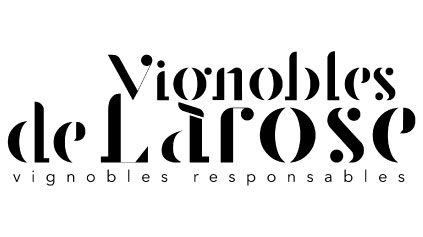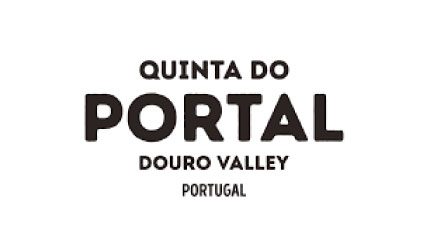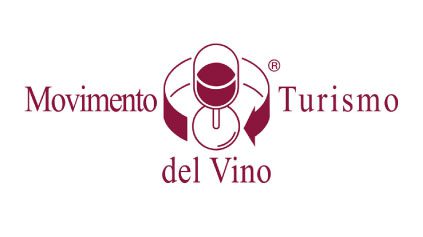INNOVATION CASE – Environmental Sustainability
Ecology and sustainability in Gramona
Starting year: 1998
Involved subjects: Batlle winery, biodynamics association Aliances per la Terra, consultancy services into soil microbiology Lydia and Claude Bourguignon, Pruning Catalan Academy, Commitment Tourism Quality, Gramona Farm, MA4SURE Project
Innovation area: Environmental sustainability
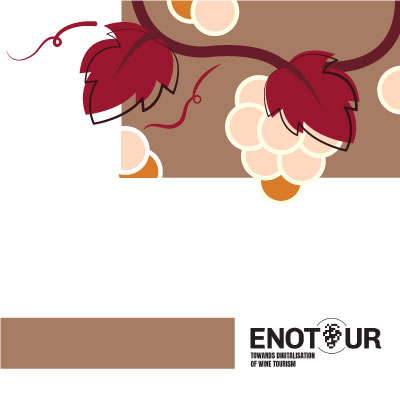
Objectives
Improvement of the quality of our wine ecosystem and Gramona wines.
Reduction of CO2 emissions.
Reduction of water consumption.
Reduction of energy consumption (energy efficiency and renewable energies).
Waste reduction
Summary
Located in Sant Sadurní d’Anoia, Barcelona, Gramona has spearheaded innovative sustainability practices since 1998, earning its first ISO 9001 certification that year. This transformation, supported by various partners focuses on enhancing wine quality and ecosystem health while reducing CO2 emissions, water, and energy consumption, and minimizing waste.
Gramona’s initiatives include using 100% renewable electricity, installing solar thermal panels and geothermal systems to cut energy use, and improving wastewater treatment for vineyard irrigation. The winery has significantly reduced water use in production and washing processes. It has also minimized packaging waste, replacing plastic with paper seals and using lighter, plant-based materials for sparkling wine capsules.
In viticulture, Gramona practices biodynamic agriculture, certified by Demeter, eschewing chemical fertilizers and pesticides to protect the soil’s biological activity and produce high-quality, healthy wines. The organic waste from winemaking is recycled into industrial alcohols and oils through CADES Penedès.
The results are impressive: 100% sustainable management of vineyards and forests, 41% thermal energy savings, 29% CO2 emission reduction, and significant reductions in packaging weight and materials. Additionally, Gramona boasts 100% renewable electricity and purified water use. Despite challenges like climate change, vineyard diseases, reduced grape production, and rising costs, Gramona’s commitment to ecological and biodynamic agriculture represents a profound shift towards sustainability in the wine industry, underscoring the importance of continuous learning and adaptation in achieving environmental goals.
Activities
- Energy efficiency: 100% renewable electricity supply. Reduction of power and consumption in lighting. Installation of solar thermal panels.
- Geothermal installation: Reduction in energy consumption for cooling.
- Water consumption: Reduction of consumption in the winery for washing processes. Reduce water consumption in the winery to below 1.30 litres per kilo of grapes. Reduce water consumption in production to below 0.35 litres per bottle.
- Improvement of the wastewater treatment system.
- Wastewater discharge: Treatment of 100% of the discharge. Water purification and reuse of these for the irrigation of vineyards and gardens.
- Auxiliary materials such as containers and packaging: Elimination of secondary containers and cases for some products. Replacement of the plastic seal with a paper seal for closing the boxes. Minimization of the weight of the bottles. Replacement of sparkling wine capsules made with fossil-based materials by capsules made with plant-based materials.
- Viticulture and winemaking: Respect the terroir of each place in the different estates, as well as the natural balance of the native flora and fauna. Protect the biological activity of the soil and the environment without using chemical fertilizers and pesticides. Produce higher quality and healthier wines. Meet the current demand of consumers who are increasingly aware and demanding.
- Recovery of organic waste: Through CADES Penedès, the lees derived from the pressing of the grapes and the production of wines, are used as raw materials for the production of alcohols and oils for energy and industrial uses.
Difficulties
- Change of mentality (from conventional agriculture to ecological-biodynamic agriculture).
- Climate change with all that it entails (temperatures, erosion, water, grapes).
- Diseases and illnesses in the vineyard.
- Decrease in grape production.
- Commitment to the definitive change of some grape varieties.
- Learn, put into practice and train (horse ploughing, green pruning, winter pruning, planting and grafting, etc.).
- Rising prices.
Results
- 100% sustainable management of vineyards and forests.
- 100% biodynamic agriculture certified by Demeter.
- 33% of the vineyards managed with modern animal traction.
- 100% fertilization of the vineyards with compost and biodynamic plants.
- 100% manual winter pruning.
- 100% manual harvest.
- 100% renewable electricity throughout the Batlle winery.
- 41% savings in thermal energy.
- 23% self-production of electricity.
- 29% reduction in CO2 emissions compared to last year (2022 Environmental Statement).
- 100% purification of used water.
- 48.8% reduction in secondary packaging.
- 45 Tm saved in glass.
- 7.2% reduction in the weight of glass bottles (767 gr).




